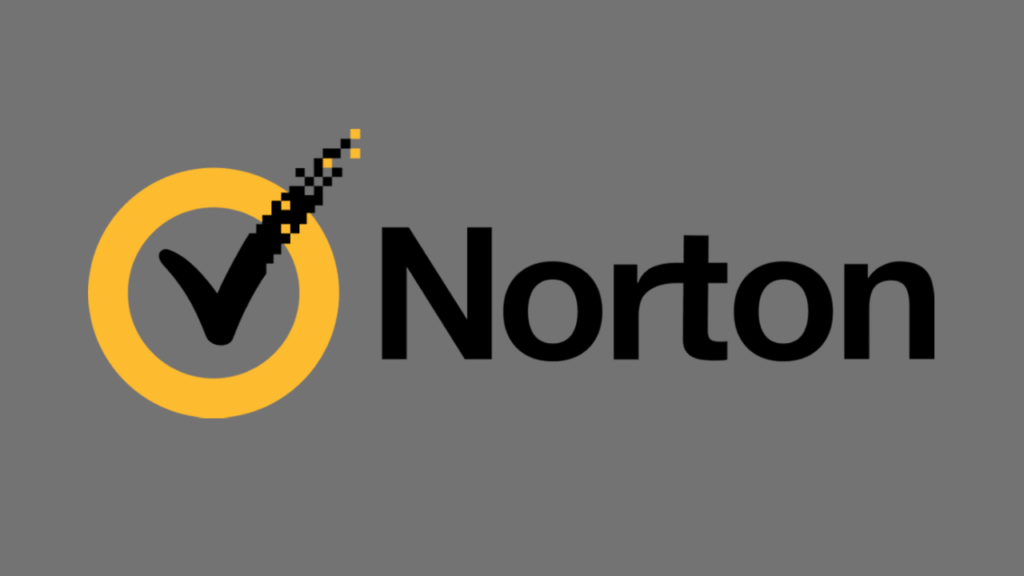In today’s interconnected digital world, protecting your devices from a multitude of online threats is paramount. Three formidable contenders in the realm of cybersecurity are McAfee, Kaspersky, and Norton. Each of these security giants offers its unique set of features and capabilities. But when it comes to safeguarding your digital life, which one is superior? In this detailed comparison, we will dissect the strengths and weaknesses of McAfee vs. Kaspersky vs. Norton to help you make an informed decision.
Antivirus software serves as your first line of defense against malware, ransomware, phishing attacks, and an array of other cyber threats that abound on the internet. McAfee, Kaspersky, and Norton have established themselves as industry leaders, each employing distinct approaches to provide comprehensive protection.
McAfee: The Cybersecurity Pioneer
Pros of McAfee
Robust Antivirus Engine: McAfee’s antivirus engine is renowned for its ability to detect and remove malware effectively. It offers real-time protection against a wide range of threats.

Complete Security Suite: McAfee provides a comprehensive security suite that includes features such as firewall protection, identity theft protection, and a password manager. It offers an all-in-one solution for your digital security needs.
Cross-Platform Compatibility: McAfee supports various platforms, including Windows, macOS, Android, and iOS, ensuring that all your devices can be protected under a single subscription.
Safe Browsing: McAfee includes a safe browsing feature that helps you steer clear of malicious websites and phishing attempts.
User-Friendly Interface: McAfee’s user interface is intuitive, making it accessible to both novice and experienced users. It offers easy access to essential features and settings.
Cons of McAfee
Resource Usage: McAfee can be resource-intensive, potentially affecting the performance of older devices.
Pricing: While McAfee offers comprehensive protection, its pricing tends to be on the higher end of the spectrum.
Kaspersky: The Cybersecurity Maestro
Pros of Kaspersky
Impressive Malware Detection: Kaspersky is acclaimed for its exceptional malware detection rate. It identifies even the most elusive threats, ensuring your devices remain clean and secure.
Robust Internet Security: Kaspersky’s internet security features are top-notch. It shields your online activities, blocks phishing attempts, and safeguards your personal information during online transactions.
Affordable Pricing: Kaspersky offers a range of packages to cater to various budgets, making high-quality cybersecurity accessible to a broader audience.
Cross-Platform Compatibility: Similar to McAfee, Kaspersky supports multiple platforms, allowing you to protect all your devices with a single license.
Parental Control: For parents concerned about their children’s online safety, Kaspersky’s parental control features provide comprehensive monitoring and control.
Cons of Kaspersky
Resource Usage: While Kaspersky has improved its resource management, it may still consume more system resources compared to some competitors, potentially affecting the performance of older devices.
Privacy Concerns: Kaspersky, a Russian-based company, has faced scrutiny regarding its potential ties to the Russian government. While there’s no concrete evidence of wrongdoing, it’s a factor some users consider.
MGM Resorts Grapples with Cybersecurity Challenge
Norton: The Household Name in Cybersecurity
Pros of Norton
Comprehensive Security Suite: Norton offers a comprehensive security suite that includes antivirus protection, a firewall, VPN, identity theft protection, and more. It’s an all-in-one solution for your digital safety.

Cloud Backup: Norton provides cloud backup services, allowing you to securely store your important files and documents, ensuring they are safe even in case of hardware failure.
Dark Web Monitoring: Norton’s identity theft protection includes dark web monitoring, alerting you if your personal information is found on the dark web.
Excellent Customer Support: Norton is known for its responsive customer support, ensuring that you can get help when you need it.
Money-Back Guarantee: Norton offers a 60-day money-back guarantee, providing peace of mind for those who may not be completely satisfied with their services.
Cons of Norton
Resource Usage: Like Kaspersky and McAfee, Norton can be resource-intensive, potentially affecting the performance of older devices.
Pricing: While Norton’s feature set is robust, it tends to be on the higher end of the price spectrum.
McAfee vs. Kaspersky vs. Norton: Which Is Better?
The ultimate choice among McAfee, Kaspersky, and Norton depends on your specific requirements and priorities. If you value an all-in-one security suite, robust antivirus protection, and a user-friendly interface, McAfee is a strong contender. Kaspersky shines with its exceptional malware detection, top-tier internet security, and affordability. Norton offers a comprehensive security suite with features like cloud backup and dark web monitoring.
Conclusion
In the McAfee vs. Kaspersky vs. Norton showdown, there is no one-size-fits-all answer. Your choice should align with your unique needs, budget, and preferences. Regularly updating your antivirus software and practicing safe online habits remain essential for maintaining a secure digital environment, regardless of the option you choose.
Technology vs. Technological: A Comprehensive Comparison
FAQs
1. FAQ: What is cloud computing, and how does it work?
Answer: Cloud computing is a technology that allows users to access and use computing resources (like servers, storage, databases, networking, software, and more) over the internet, typically provided by a third-party cloud service provider. It works by storing and managing data and applications on remote servers, enabling users to access them from anywhere with an internet connection.
2. FAQ: What is the significance of data privacy and why is it important?
Answer: Data privacy refers to the protection of an individual’s personal and sensitive information from unauthorized access or disclosure. It is essential because it safeguards individuals’ rights to control their data, prevents identity theft, protects against financial fraud, and ensures that sensitive information remains confidential and secure.
3. FAQ: What is the difference between a virus and malware?
Answer: A virus is a type of malware (malicious software) that attaches itself to a legitimate program or file and spreads to other files or devices when that program or file is executed. Malware is a broader term that encompasses various malicious software types, including viruses, worms, Trojans, ransomware, spyware, and more.
4. FAQ: What is the Internet of Things (IoT), and how does it work?
Answer: The Internet of Things (IoT) refers to a network of physical objects (devices, vehicles, appliances, etc.) that are embedded with sensors, software, and connectivity to collect and exchange data over the Internet. These objects can communicate with each other and with central systems, enabling automation, remote monitoring, and data-driven decision-making.






0 Comments